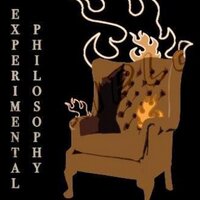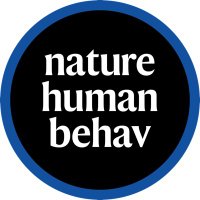
David G. Kamper
@dgkamper
PhD @UCLA | exp. jurisprudence, intellectual property, cog neuro, creativity, ethics | NSF GRFP | @Umich/@Umichsmtd alum (Go Grue!) - postbacc @BrownUniversity
ID: 1390126022834769921
http://dgkamper.github.io 06-05-2021 02:15:41
132 Tweet
569 Takipçi
2,2K Takip Edilen

Check out our preprint lead by the impeccable Philipp Schoenegger! A team from all around the world!

Our paper "Position-Aware Circuit Discovery" got accepted to ACL! 🎉 Huge thanks to my collaborators🙏 Hadas Orgad @ ICML David Bau Aaron Mueller Yonatan Belinkov See you in Vienna! 🇦🇹 #ACL2025 ACL 2025









In this Article, Masahiro Yamashita et al. explore how conversational content is represented in the brain, revealing brain activity patterns with contrasting timescales for speech production and comprehension. nature.com/articles/s4156…



New study shows people use popularity & social distance to strategically spread gossip. Alice Xia Nassar Lab Apoorva Bhandari Oriel FeldmanHall #SocialNetworks nature.com/articles/s4156…

Interesting new paper by Protzko @protzko.bsky.social argues for the exact opposite of the view I’ve defended about what experimental philosophy shows about people’s philosophical intuitions The key question: How do make sense of the variance in responses on our studies? osf.io/preprints/psya…











